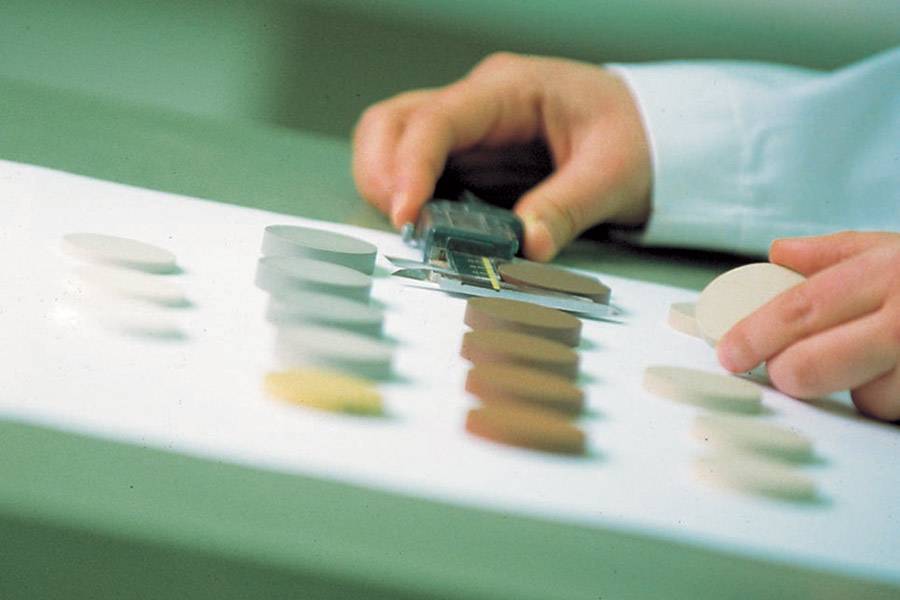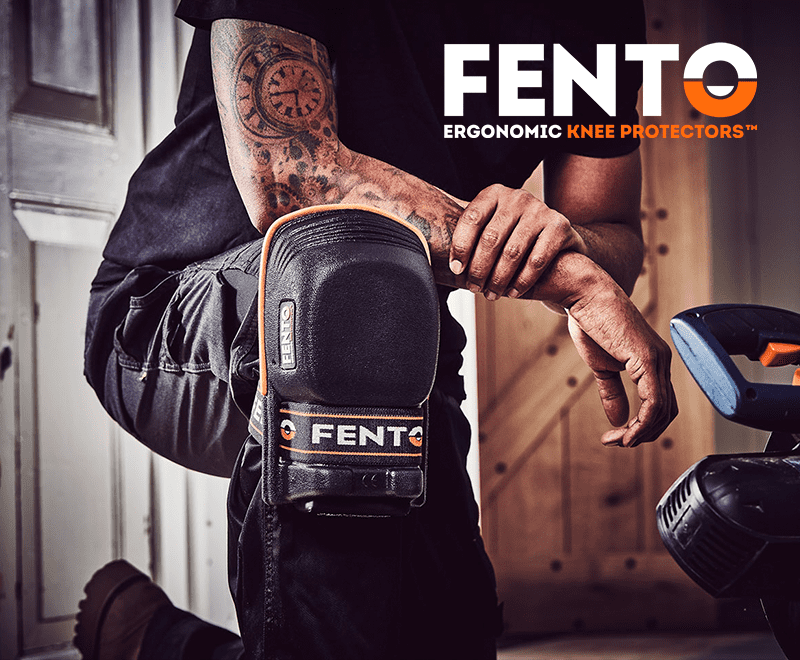This month, we’re highlighting one of Europe’s most prominent and influential centres of tile production: Spain. Below, ASCER (Spain’s national assocation for tile manufacturers) discusses the country’s tile-making tradition and the state of its industry in 2023.
Renowned for its dynamism, the Spanish tile sector has successfully built on its proud heritage to create a cutting edge, contemporary industry at the forefront of research and development. While distinctive aesthetics that draw on a rich cultural life have always characterised Spanish tiles, a key aspect of this pioneering personality is indebted to geography. Blessed not only with access to high quality raw materials and an abundance of sunshine, this vital industry representing 2.4% of the country’s industrial GDP also benefits from the cluster of specialised and interconnected skills that grace the region of Castellon. About 94% of all Spain’s tiles are made in the province, and it’s where 80% of the companies within the sector can be found.
The Castellon tile cluster is made up of manufacturers of not only ceramic tiles, but also of machinery, and of frits and glazes. What’s more, members of the ceramic cluster in these three sectors are globally focused, with a high propensity to export, as well as to innovate. Frits and glazes have a notable relevance as the first link of the value chain, providing raw materials that have a strong influence on the design of the final product.
The synergy between the manufacturers of tiles and of ceramic frits and glazes has been a key factor in the successful international outreach of the Castellon ceramic cluster. Torrecid and Esmalglass are two examples of frit manufacturers that have pushed the boundaries in digital printing, thereby helping to drive the ceramics forward in terms of new designs and finishes.
One of the key strengths of Spain’s tile cluster is its network of technology and research centres, often linked to universities. These organisations are key drivers of R,D&I throughout the value chain. Thanks to such research, the tile sector has generated developmental synergies with a variety of stakeholders.
The Institute of Ceramic Technology (the ITC) in Castellon is a leading resource for material and technical innovation in the sector, helping to boost its strategic position at an international level.
Sustainability is also key. The Spanish ceramic tile sector has steadily improved its production processes in order to achieve net zero greenhouse gas emissions by 2050, an initiative that goes much further than simply reducing its carbon footprint. The aim is to enhance a number of processes from reducing consumption of raw materials to optimising water management.
As part of this ethos, the industry has pioneered the development of a sectoral EPD at a European level, based on a representative sample of Spanish tiles. In addition to this, a large number of tile manufacturers have developed EPDs for their own products.
The Spanish ceramic tile sector has also implemented its “4.0 strategy,” designed to transform traditional manufacturing systems with new models based on traceability, digitalisation and the compilation of big data for ongoing improvements in the control, management and supervision of production plants. Initiatives are underway to extend this digital strategy to showrooms and other sales points, creating a powerful data-gathering and promotional system through smart display units.Outreach is another core element of the industry’s activity. The Tile of Spain communication programme acts as an umbrella for promoting the work and news of both the overall industry and the activities of over 100 member brands. This initiative also has a global outlook and operates in multiple markets, ensuring the promotion of fairs and events, and prestigious programmes such as the Tile of Spain Awards. Now in its 23rd year, these awards encourage and recognise the innovative use of Spanish ceramics by architects and designers from around the world.
Closely involved with the annual Cevisama fair, ASCER, the Spanish tile manufacturers association, and its voice, Tile of Spain, help to bring the attention of the international design world to Valencia in February every year to see and hear about the latest news and launches from the Industry. The Spanish tile sector has naturally been affected by the global challenges of the last few years from the pandemic to the energy crisis, but it has risen to the challenge with typical verve and ingenuity and with a turnover of 5,538 million euros in 2022 (up 16.2%) it has much to celebrate.
https://tileofspain.com
https://portal.ascer.es/en








